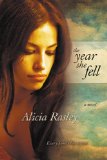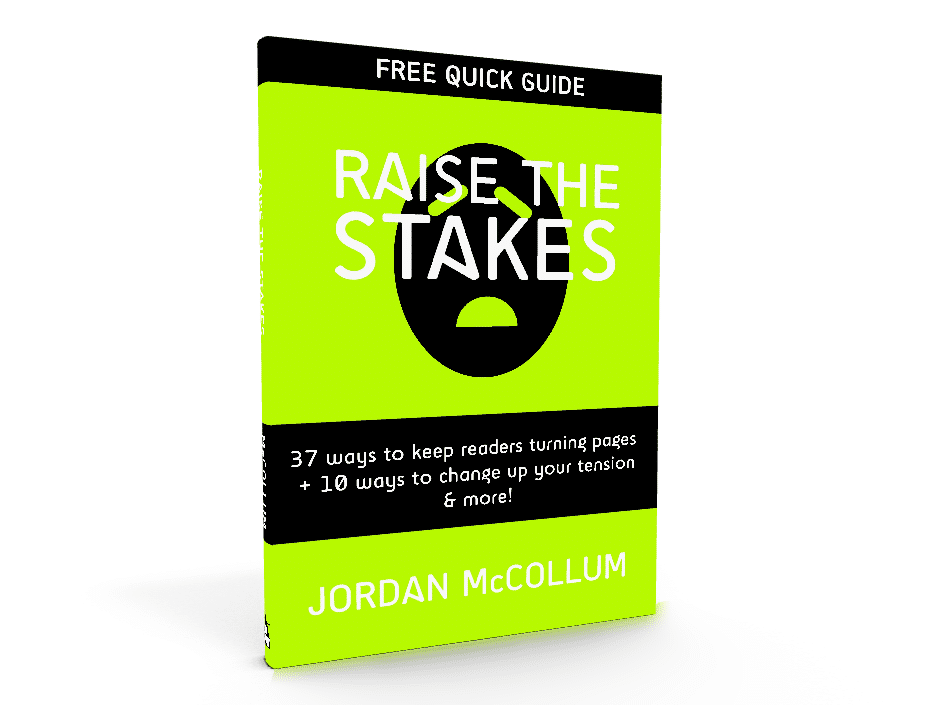You pick up the paper hit up Facebook and the latest overnight sensation is the big popular article today. He disdained writing until one of his neighbors said, “You should write a book!” and so he did and now he lives in Aruba off the best-seller’s proceeds.
 And you hate him. Ohhhh how we hates the nasty, mean writerses. He didn’t earn that success like I have, we tell ourselves. I’ve been working my butt off and honing my craft and writing and polishing and repolishing and reading and researching and submitting and getting rejected for years, and his book’s not any better than mine (though, admittedly, I haven’t read it)(in the hypothetical, not just because this whole thing is imaginary). Why does he get a twelve-figure advance for his next book that he never wanted to write in the first place?
And you hate him. Ohhhh how we hates the nasty, mean writerses. He didn’t earn that success like I have, we tell ourselves. I’ve been working my butt off and honing my craft and writing and polishing and repolishing and reading and researching and submitting and getting rejected for years, and his book’s not any better than mine (though, admittedly, I haven’t read it)(in the hypothetical, not just because this whole thing is imaginary). Why does he get a twelve-figure advance for his next book that he never wanted to write in the first place?
Okay, now the example is getting extreme. But how often do you read about an author—or read their books—and think, “That could be me—no, it should be. <pout>”? Or you read a beautifully-written book and wish you could write like that, wanting it so bad that even thinking of that author leaves a bitter taste in your mouth <pout>?
Well, it’s time to </pout> .
But their writing is just so masterful! I’ll never measure up. Remember that you are not reading their first draft. Their first drafts might be utter drivel. Published authors are (usually) the ones who take the time and effort to polish drivel into mastery. And also remember that published authors have at least one publishing professional working with them—an editor, an agent, someone who knows what they’re doing, too.
But they didn’t earn it like I have! You don’t know that. The whole “I thought writers were boring stupidheads” story might have come from the PR department. We all (almost all) love overnight success stories. And even if he did think writers were boring stupidheads, we still don’t know how hard he really worked to improve his craft, nor how long it took for him to reach that publishing finish line.
But . . . I’ll never be that successful. Ah, now we’re getting somewhere. That’s the real issue here, isn’t it? We’re afraid that either a.) his success diminishes our own, or our own chances or b.) we’re just flat-out not that good, or lucky, or whatever. Could it be that we’re not really cut out for this whole publishing thing?
Come on, now. Chin up. Some of us spend longer earning our stripes—some of us 11,000 rejections longer. Usually, the writers who get published are the ones who persevered.
I guess it all boils down to the fact that you really can’t judge a book by its cover—and you can’t measure yourself against others.
How do you experience writer envy? How do you overcome it?
Photo by Eric Tastad












